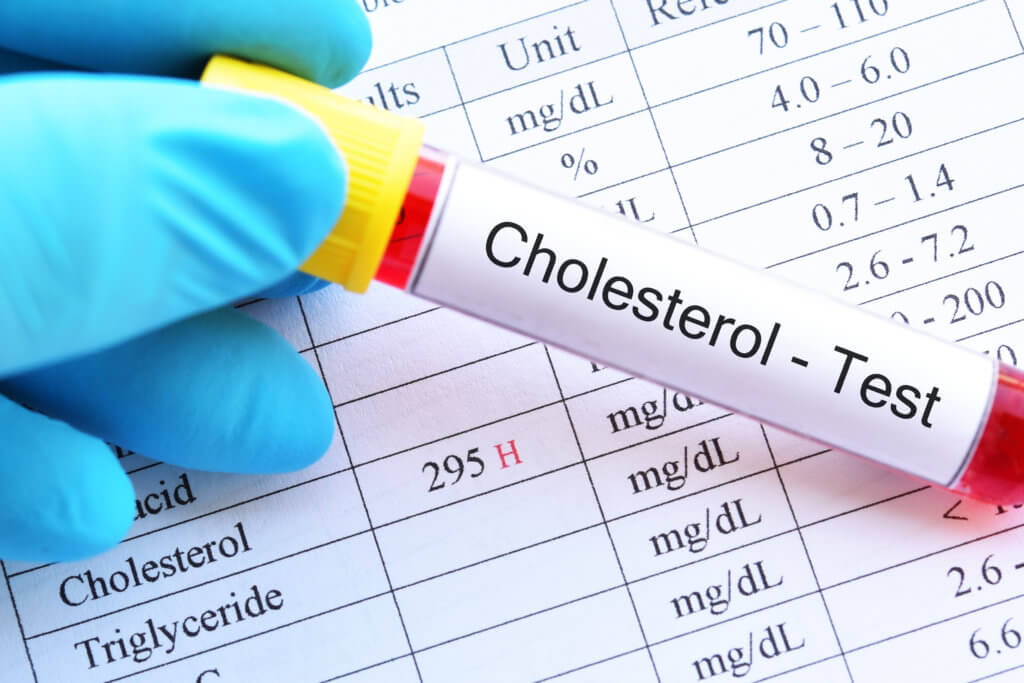Eggs remain one of the most controversial foods in the world. They are constantly debated in terms of nutrition. On the one hand, they are cheap, versatile, healthy and high in protein. On the other hand, they are high in fat and cholesterol, which counteracts all their benefits. So what is true? Can you eat eggs?
How eggs got a bad reputation
Eggs have long been maligned in research and the media. It all started in 1968 when the American Heart Association (AHA) recommended that people eat no more than three eggs per week. This came as a shock to many people, as eggs were a breakfast staple back then, as they still are today. Their reasoning was as follows it could increase cholesterol and therefore the risk of heart disease.
In the years that followed, the egg industry, unsurprisingly, began to suffer. They found a significant decline in per capita egg consumption. However, some scientists then began to question whether this would actually cause a significant difference in rates of cardiovascular disease.
In 1977, the U.S. Senate Select Committee on Nutrition and Human Needs recommended “Dietary Goals for the American People,” which reinforced the idea that people should eat fewer eggs. because of cholesterol they contain. Since then, studies have continued to be published on eggs, many of which contradict each other.
Fast forward to 2018, a goodbye found that there was a lack of evidence to support the idea that cholesterol caused heart disease. Instead, scientists suspected that saturated and trans fats were the most likely culprits. This began to make nutritionists and researchers feel better about eggs and no longer view them as unhealthy. After all, one egg only contains about 1.5 grams of saturated fat. Of course, another study in 2019 found that consuming cholesterol and eggs significantly increased the risk of heart disease.
Today, these flip-flops in food science still happen. However, the overall evidence actually suggests that cholesterol consumption has virtually no effect on blood cholesterol levels, which is generally what your liver produces naturally in your body. It is therefore important to understand that several factors make nutrition research more difficult to carry out. Often this is based on the assumption that someone is eat the same way every day, especially for studies like that of 2019, which followed more than 29,000 people for an average of 17.5 years. Additionally, relying on people to accurately report what they eat is another obstacle. These are just two factors that make studying long-term chronic disease risk difficult, especially if other diet and lifestyle factors are not taken into account.

What is cholesterol?
There are two types of cholesterol: blood And dietetic. Your body naturally produces blood cholesterol, a waxy substance, to help it digest food and synthesize hormones. Dietary cholesterol This is what you consume from animal foods like eggs, chicken, and beef, to name a few.
The synthesis of cholesterol and its use in the body remain a highly debated subject in nutrition, beyond its relationship with eggs. For some time, it was thought that animal foods and foods high in LDL cholesterol These levels were the main contributors to heart disease, but more and more research continues to show that it’s more nuanced than that. Here’s why:
- For most people, the cholesterol they eat appears to have little or no effect on blood cholesterol levels.
- Stress (mental and physical) is a major factor in increasing cholesterol via cortisol, the body’s main stress hormone. Cortisol can be persistently elevated under chronic stress.
- An interesting example: Studies showed that high cholesterol is a relatively common phenomenon in people with anorexia. This is induced by cortisol due to the stress the body experiences in response to an eating disorder in which the body is in a critical state.
- Focus only on LDL cholesterol in cardiovascular diseases has proven to be ineffective overall.

The Verdict: Is It Healthy to Eat Eggs?
As noted, for most people, research has evolved to show that it’s okay to eat a small amount of eggs without worrying that your cholesterol levels will skyrocket.
Eggs contain cholesterol, but that doesn’t automatically make them “cholesterol bombs”. Of course, eating an exorbitant amount of eggs and high-fat meats isn’t the best idea, as the saturated fat content will likely spike your levels. A healthy, balanced diet consisting of fiber-rich fruits, vegetables, and whole grains can help reduce cholesterol levels.
Eggs are full of nutrients. They contain vitamins A, D, E, K and various B vitamins. They additionally contain:
- Selenium
- Molybdenum
- Magnesium
- Iron
- Calcium
- Copper
- Heart-Healthy Fats
- Protein
They even contain a nutrient called choline, which is used by the brain and nervous system to regulate memory, mood, muscle control, and more.

Who should worry about cholesterol levels in food?
People with familial hypercholesterolemiaa genetic disease that causes high cholesterol levels, should be aware of their cholesterol intake and keep it low. Additionally, people who already suffer from high cholesterol should be aware of how much they eat. If you have questions about your specific situation, be sure to ask your doctor or dietitian. Some studies have also noted that certain chemotherapy agents can impact lipid levels.
Conclusion
Eggs are a hot topic in nutrition and will likely remain so for years to come. In recent years, dietitians and doctors have started to change their minds about eggs. be more positive as more research continues to surface regarding their relationship to heart disease. Although there is no definitive answer, there is enough evidence to say that for most people, eggs are perfectly fine to include in a balanced diet.
You might also be interested in:

